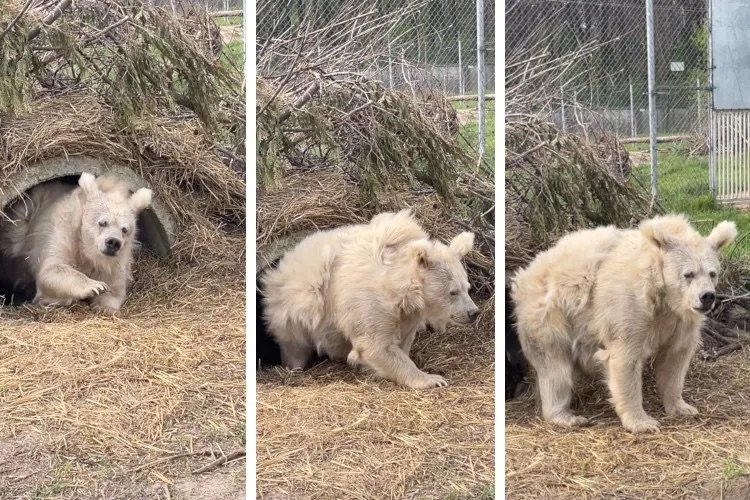4 things I learned about myself from an intense writing project
I’m nearing the finish line of responding to a large bid for digital work with the UK government. Since I came back from the holiday break on 2nd January, I’ve been locked away in a cave writing. I’ve emerged 3 weeks later looking and feeling like a bear coming out of hibernation.
Photo: Screenshot from Instagram
It’s been an incredibly stressful and intense time but there are positives to take from any experience, especially the challenging ones. Here’s three 4 things that I learned about myself from this process.
1. Research and percolation time before writing
Researching the topic and letting that percolate over a number of days allowed me write tailored, in-depth responses to the questions. Whilst reading, I took notes along the way (pen and paper in a notebook worked best for me). It’s slow work which took 3-4 days. It felt like the opposite of what I should be doing when there was a hard deadline coming up and fast! But it’s an important step in my process to write a high quality response and I kept reminding myself of that. It’s kind of like that famous Einstein quote:
Photo: LinkedIn
2. A thinking partner helped me get through writing blocks
Writer’s block is real. So is blank page syndrome. It was hard to get started and it was easy to hit walls where ideas dried up and I felt like I was going around in circles. Talking out loud helped me connect thoughts and ideas together even if that talking was to an inanimate object 🦆.
Thinking through early ideas with a “thinking partner” was really helpful too. Sometimes it was just a list of bullet points and by talking through them out loud, I came up with words that I’d been stuck on for hours.
Iteration is essential. I got a crappy, rough draft out there as soon as possible and worked through it with others. I wrote 5 or 6 different versions and it improved a bit each time.
3. Staying positive and telling myself “I can do this”
I had a lot of self-doubt on what to write and whether it was any good! When I put words to paper it was as if my 18 years of experience in product, design and technology had disappeared. I had a post-it on my desk with “I can do this” to remind myself to stay positive. Mindset and emotions play a huge part in confidence and accomplishing difficult things.
4. GenAI is great for brainstorming
I dabbled with GenAI for writing, using a combination of GPT, Claude and Bard. I found that there were some good ideas for structure and topics to include but the content was too high level. It felt like it could’ve been written by anyone and the point of responding to these bids is to bring in unique, detailed answers. For me, GenAI was most useful in the research / percolation stage.
Sharing my advice on writing
For anyone taking on a difficult writing task, whether it’s for a bid, talk, book or blog post, I give you this advice:
Give yourself time and space to research and percolate ideas (but not too much)
Use GenAI more as a research and ideation tool, less for writing the unique thing you want to create
Get a thinking partner to help you work through early ideas, iterations and unblock you
Stay positive, you can do it!
What have you learned about writing?
Leave a comment with a top tip you’ve learned.

